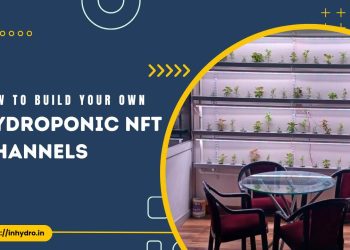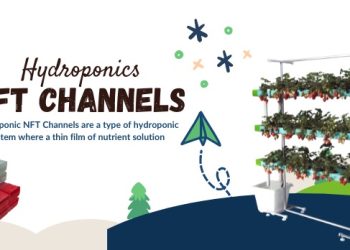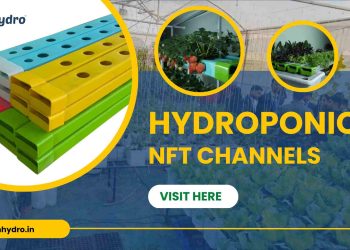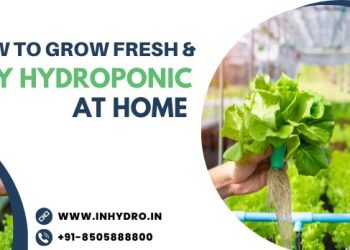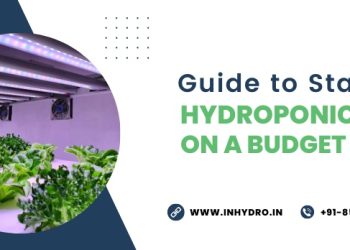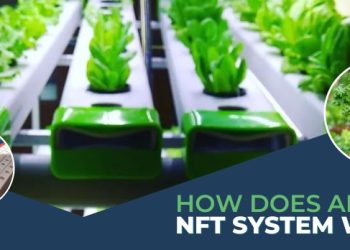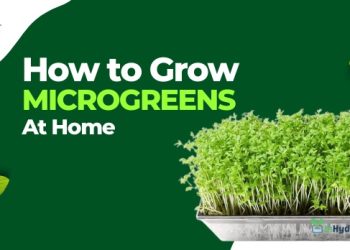The Benefits of Hydroponics Farming
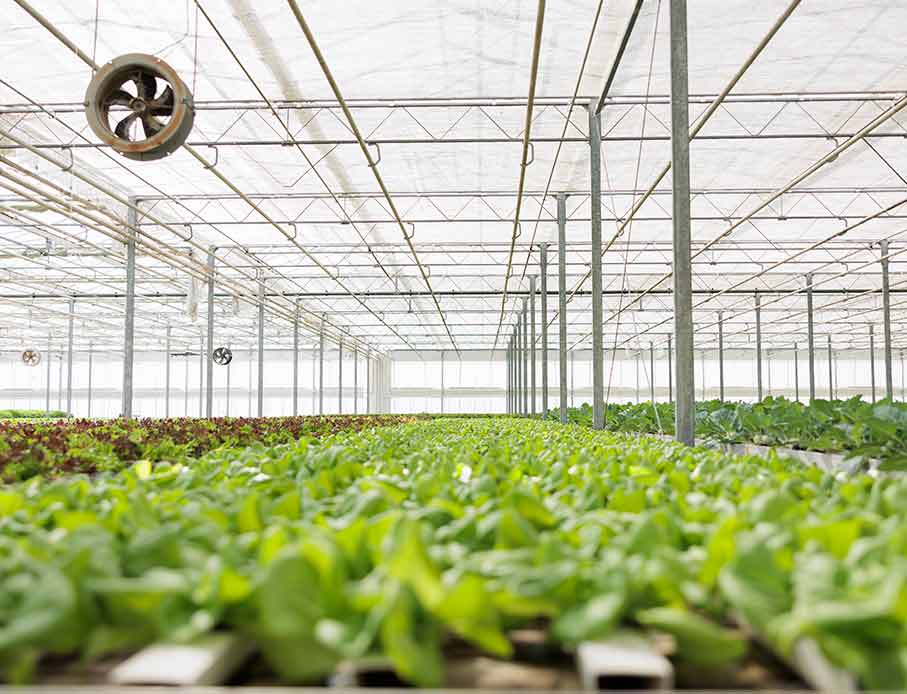
Hydroponic farming is a modern agricultural practice that involves growing plants without the use of soil. Instead, plants are grown in a nutrient-rich water solution and require much less space than traditional farming methods. This method of farming has many advantages, including the ability to produce higher yields in a shorter amount of time and with fewer resources. In this blog post, we’ll explore the various benefits of hydroponic farming and discuss why it’s an increasingly popular choice for both large-scale and home gardening.
No need for soil
One of the major advantages of hydroponic farming is that it does not require soil. This is especially beneficial if you are farming in an area with poor soil conditions. With hydroponic farming, you can use mineral solutions and other materials to create a substrate for the plants to grow in, rather than relying on traditional soil. This means that you do not have to worry about the quality of the soil or any potential problems that can arise from having poor soil conditions. Additionally, you do not need to spend time or money on preparing and enriching the soil before you start growing your plants. This makes hydroponic farming an incredibly efficient and cost-effective way to grow your crops.
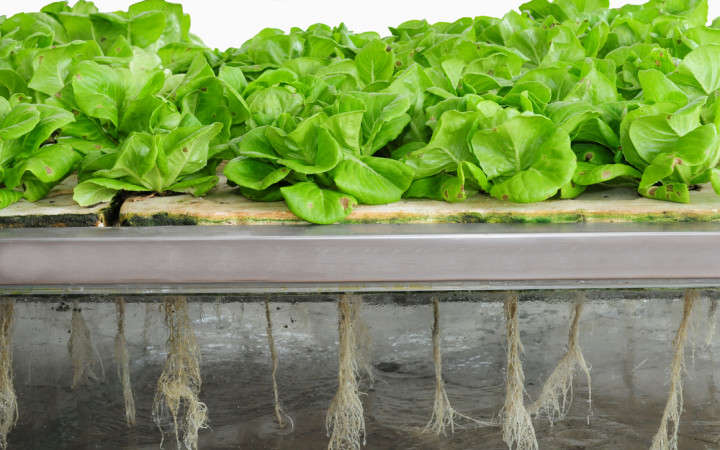
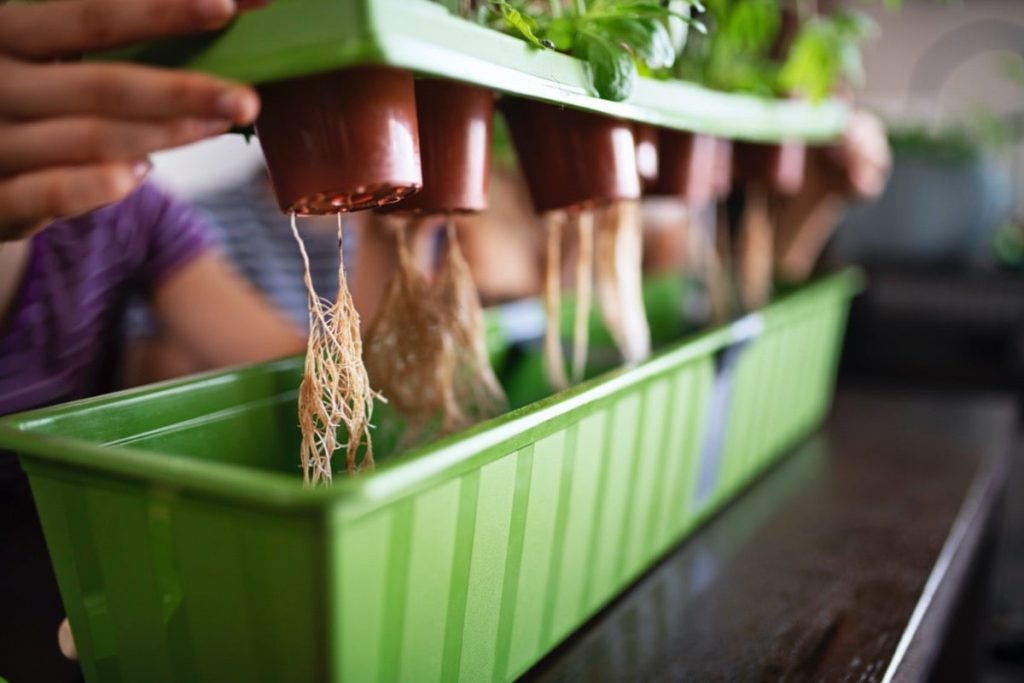
Pest and weed control
One of the main advantages of hydroponic farming is the ability to better control pests and weeds. The use of water-based growing media instead of soil eliminates many common garden pests, such as slugs, snails, and worms. This makes hydroponic systems much easier to manage than traditional soil gardens.
In addition, hydroponic systems are generally grown in a sterile environment, which makes it much more difficult for weeds to take hold. Without soil or sunlight, most weeds have difficulty germinating and growing. This makes hydroponic systems much easier to maintain when compared to traditional soil-based gardening.
Finally, pest and weed control can also be achieved through the use of specialized treatments. These can include natural pesticides, fungicides, and other treatments that can help keep pests and weeds at bay. By utilizing these treatments, hydroponic farmers can create an environment that is virtually free from pests and weeds.
Water conservation
One of the most important benefits of hydroponic farming is its water conservation. In traditional farming, large amounts of water are lost due to evaporation and runoff. However, in hydroponic farming, water is only used to irrigate the plants, with no water being wasted through runoff or evaporation. Additionally, the hydroponic system can be designed in such a way that it reuses and recycles water, further conserving it. Furthermore, the nutrient solution used in hydroponic farming has a very high concentration of nutrients which means less water is needed for the plants to absorb them. This makes the whole process much more efficient and less wasteful. By using hydroponic farming, farmers can greatly reduce their water consumption, leading to significant cost savings.
Increased yields
One of the biggest advantages of hydroponic farming is increased yields compared to traditional soil-based growing. Plants grown in a hydroponic system require fewer resources and can therefore produce higher yields with less input. This makes it an attractive option for commercial farmers as well as home gardeners. In a hydroponic system, plants are grown without soil and instead rely on a nutrient-rich solution for their food. The lack of soil means that plants are not competing for space and resources, allowing them to grow more quickly and produce higher yields. Additionally, hydroponic farming is highly efficient, with up to 95% of the water and nutrients going directly to the plants. This allows for higher yields compared to traditional soil-based growing.
Can be done indoors or outdoors
Hydroponic farming is a great way to grow plants both indoors and outdoors. For those who have limited outdoor space, hydroponic farming can be done indoors in a variety of containers such as buckets, troughs, or even a specially designed hydroponic garden. This type of farming does not require soil and instead relies on a nutrient solution to provide the necessary nutrients for plant growth. Additionally, since there is no need for soil, the plants can be placed in an area where there is plenty of light and ventilation, allowing them to thrive.
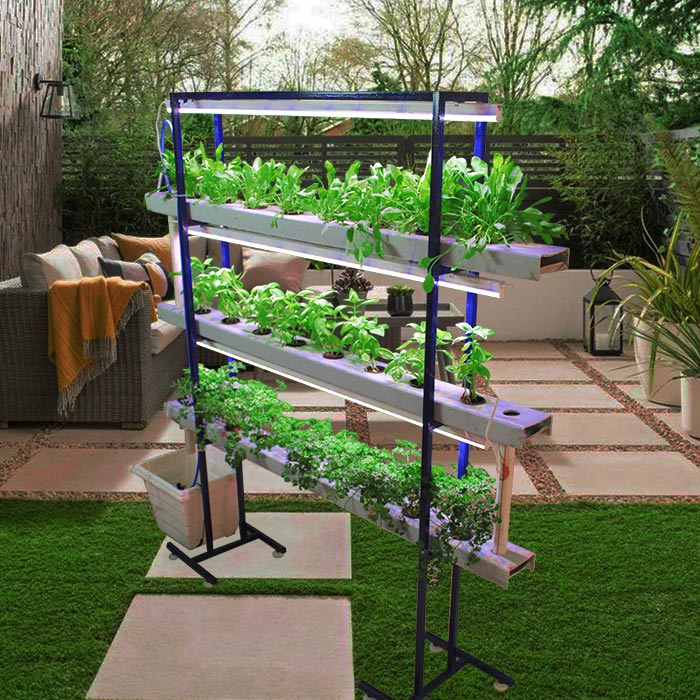
Indoor Hydroponics System
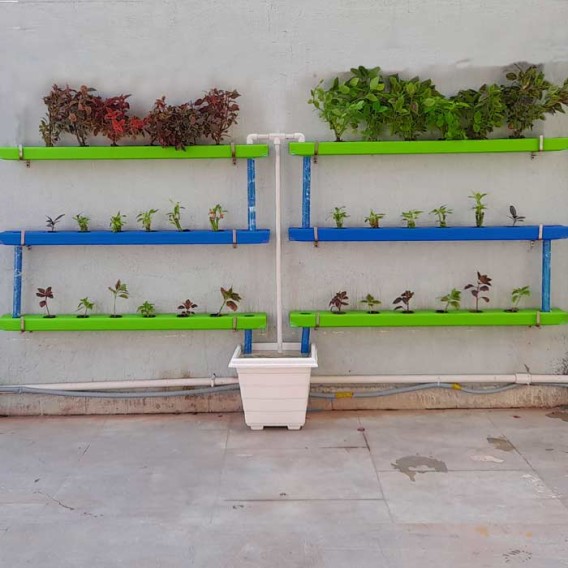
Outdoor Hydroponics System
Outdoors, hydroponic systems can be set up in greenhouses or on patios, decks, or balconies. They are ideal for growing vegetables and herbs in urban settings where space is at a premium. Since they do not require soil, there is no need to worry about weeds or pests, making them low-maintenance and easy to care for. Plus, since hydroponic systems use significantly less water than traditional gardening methods, they are an excellent option for conserving water in dry climates or areas with limited access to water.
No matter where you decide to set up your hydroponic system, it is important to choose the right containers and supplies to ensure optimal growth. With the right setup, hydroponic farming can provide you with healthy, fresh produce throughout the year.
Nutrient solution can be customized
The great advantage of hydroponic farming is that it allows you to customize the nutrient solution used to feed your plants. This is because hydroponic systems rely on water-soluble nutrients, as opposed to traditional soil-based agriculture which relies on more complex nutrients found in the soil.
By using a liquid nutrient solution, you can precisely monitor and adjust the nutrient levels in your system. This allows you to control the exact amount of nitrogen, phosphorus, and other essential elements that your plants receive. You can also add specific micronutrients to your nutrient solution depending on the type of plant you are growing. This level of control over the nutrient content helps ensure optimal health and growth of your plants.
Plants grow faster
One of the most notable benefits of hydroponic farming is that it allows plants to grow faster than they would in soil. This is due to the fact that the hydroponic system provides a more efficient delivery of nutrients and water directly to the root zone of the plant, thus promoting healthier and faster growth. In addition, plants grown in hydroponics typically require less space than their soil-based counterparts, which can help maximize production. Furthermore, since hydroponics relies on a controlled environment, growers have the ability to precisely monitor the amount of light and nutrients the plants receive, allowing for greater control over the growth rate. Finally, since the plants are not exposed to soil-borne pests and diseases, they are less likely to suffer from issues that would otherwise impede their growth.
Contact us at the Consulting WP office nearest to you or submit a business inquiry online.
Related Post
-
How to Build Your Own Hydroponic NFT Channels in 5 Easy Steps – InHydro
Hydroponics is a modern and innovative method of growing plants without the need for soil. Instead, plants are grown in nutrient-rich water solutions, allowing them to absorb all the essential nutrients they need for healthy growth.
09/05/2023 Read more -
Growing Vertically with Hydroponic NFT Channels – InHydro
The hydroponic HDPE NFT channels are designed to provide a constant flow of nutrient solution to the roots of the plants. These channels are made from high-density polyethylene (HDPE), which is durable and lightweight, making it ideal for hydroponic applications.
27/04/2023 Read more -
Hydroponic NFT Channel – InHydro
The Nutrient Film Method When it comes to vertical farming and growing leafy greens like spinach, kale, Swiss chard and rocket as well as herbs, flowers and medicinal plants, Channels, also known as NFT Channels, are the ideal hydroponics system.
20/04/2023 Read more -
How to Grow Fresh and Healthy Hydroponic Food at Home | InHydro
Growing fresh and healthy hydroponic food at home is easier than you think. With the help of Inhydro, you can set up your own hydroponic farm setup and start growing your own food right away.
07/04/2023 Read more -
InHydro Guide to Starting a Hydroponic Farm on a Budget
Are you looking for a way to start a hydroponic farm on a budget? If so, Inhydro has you covered! Inhydro’s Guide to Starting a Hydroponic Farm on a Budget provides an in-depth look into the cost and investment required to set up a hydroponic farm, as well as the potential profit margins.
06/04/2023 Read more -
How Does an NFT Hydroponic System Work? | InHydro
Hydroponic NFT systems are becoming increasingly popular as a method of growing plants indoors. They are a great way to get into hydroponics without the need for a lot of space or equipment.
03/04/2023 Read more -
How to Grow Microgreens at Home | InHydro
Microgreens System is an easy, affordable way to enjoy fresh, healthy microgreens from the comfort of your own home. Microgreens are nutrient-dense, flavorful greens that can be used in salads, soups, smoothies, sandwiches, and more.
31/03/2023 Read more

